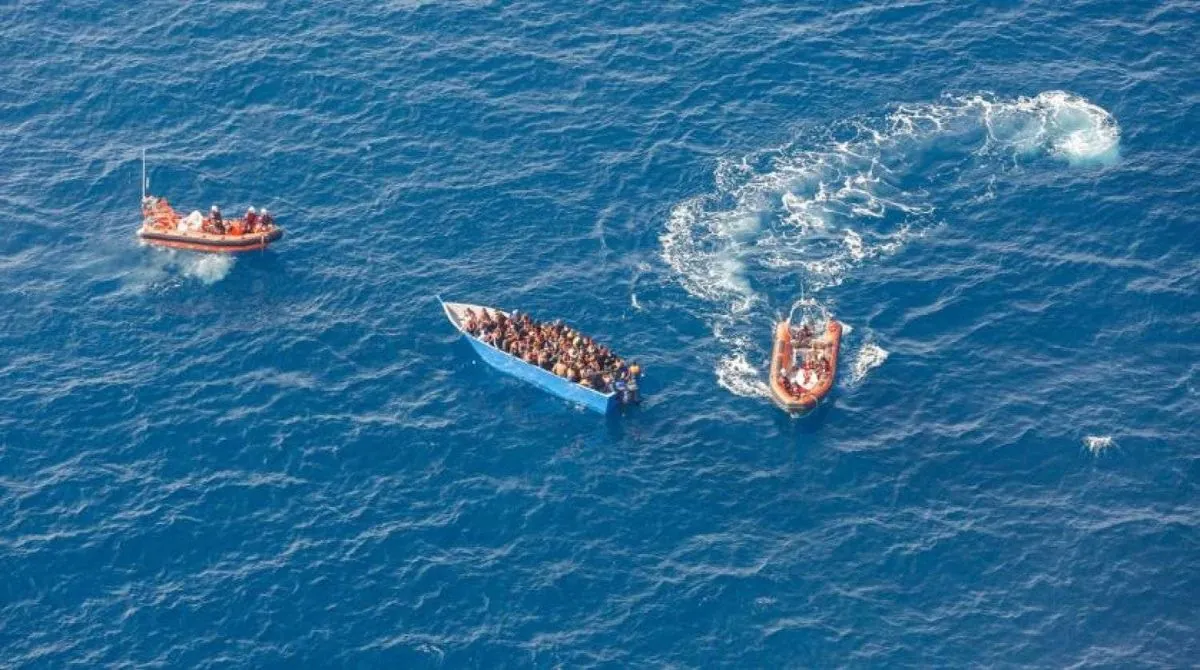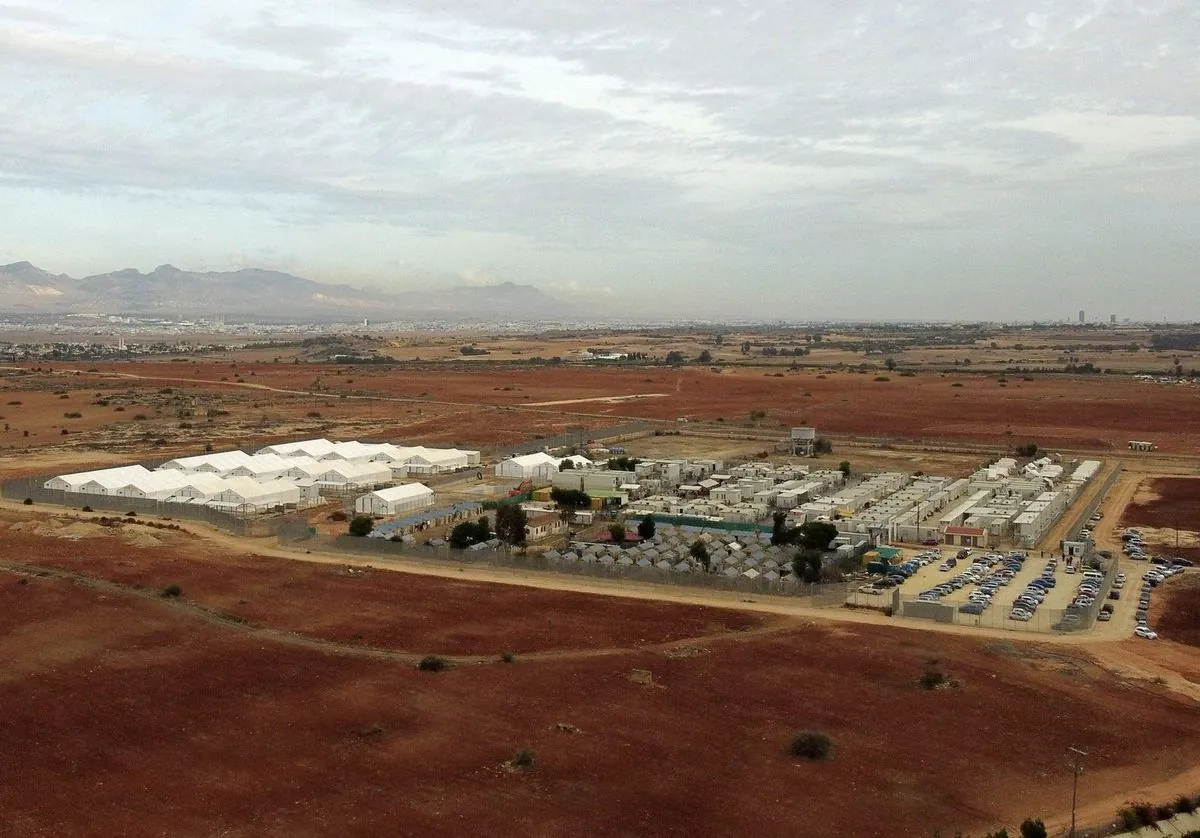Canada Taps Cyprus' Expertise in Migrant Care and Women's Peace Role
Canada learns from Cyprus on handling migrants and evacuees, focusing on women and children's needs. The importance of women in peace processes, including Cyprus' own division, is highlighted.

Canada is leveraging Cyprus' extensive experience in managing migrants and evacuees from conflict zones, particularly focusing on the needs of women and children. This collaboration comes at a time of unprecedented global displacement, with Cyprus playing a crucial role in repatriation efforts.
Jacqueline O'Neill, Canada's ambassador on women, peace and security, emphasized the value of Cyprus' expertise in handling evacuees. The Mediterranean island has assisted in repatriating nearly 60,000 third-country nationals from Lebanon in 2006 and more recently from Sudan in 2023. This experience proves invaluable as fears of the Israel-Hamas conflict spreading in the region have intensified.

O'Neill highlighted the importance of addressing specific needs during evacuation operations:
"Keeping citizens secure doesn't mean just putting them all in one place and holding them there until we put them all on one plane. It's about making sure that their experience meets their needs of the moment."
The ambassador stressed the necessity of considering various factors, including appropriate facilities on ships, specialized medical assistance, and separate accommodations for women in transit.
Cyprus, the third-largest island in the Mediterranean, has a long history of dealing with migration and conflict. Since 1974, following a Turkish invasion in response to a Greek-backed coup, the island has been divided. This situation has given Cyprus unique insights into handling complex geopolitical situations and humanitarian crises.
The collaboration between Canada and Cyprus extends beyond migration management. O'Neill also met with Cypriot women's groups seeking greater involvement in resolving the island's 50-year-old ethnic division. This aligns with global efforts to increase women's participation in peace processes.
Statistics show that peace agreements are 35% more likely to endure for at least 15 years when women are meaningfully involved in negotiations. This underscores the importance of diverse perspectives in decision-making processes.
O'Neill elaborated on the value of women's involvement:
"Communities almost everywhere are 50% women. Why should we have people making decisions for that community that don't have the 50% of those people being around and influencing it?"
The ambassador emphasized that women bring unique perspectives to peace processes due to their lived experiences, such as childcare responsibilities and household management in many parts of the world.
As Cyprus continues to play a vital role in regional humanitarian efforts and its own peace process, its experiences offer valuable lessons for countries like Canada in addressing the complex needs of migrants, evacuees, and communities in conflict.


































